Jaguar Land Rover's chief executive Adrian Mardell is set to retire from the company after more than three decades of service.
Mardell, who became CEO in 2022, has driven forward plans to reinvent Jaguar as a luxury electric car brand, but JLR's announcement means he will not be in place to help determine whether or not the strategy is successful in the medium term.
Jaguar has ceased production of new cars in 2025 as it prepares for the rebirth, which has led to a significant shrinking of the number of Jaguar dealerships - those which remain are currently focused on used cars and aftersales while they await the first of a new family of Jaguar EVs to reach showrooms in 2026.
The Reimagine strategy aims to make JLR a "sustainability rich" manufacturer of modern luxury cars that is carbon net zero across its supply chain, products and operations by 2039.
Electrification is central to its strategy, with Jaguar becoming purely electric and its Range Rover, Discovery and Defender brands each having a pure electric model in their ranges.
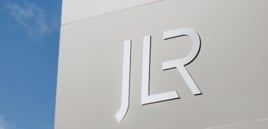 A replacement for Mardell, who joined JLR in 1990 and worked his way up to its C-suite by 2008, will be announced in due course by the carmaker.
A replacement for Mardell, who joined JLR in 1990 and worked his way up to its C-suite by 2008, will be announced in due course by the carmaker.
Mardell and his leadership team have had the headache of US president Donald Trump's tariffs this year.
The US, which accounts for nearly a quarter of JLR’s global sales, is a key market for its high-margin Range Rover and Defender models, and after Trump imposed a 25% tariff on all imported cars JLR in April paused exports of its British-made vehicles to the United States for a month.
JLR downsized its UK parts supply network from 18 warehouses to one 'super-centre', the Mercia Park complex in Leicestershire, operated by its logistics partner Unipart Logistics, but the transition went badly and for almost five months there was a crisis in supplies of parts for Jaguar and Land Rover dealerships and authorised repairers. At its height the JLR network ran out of loan cars for affected customers.
JLR is a owned by India's Tata Motors, which has this week sealed a deal to acquire commercial vehicle group Iveco, forming a global commercial vehicle company with £19 billion revenue and a focus on creating zero-emissions vans and trucks.
Both Tata and Iveco will retain their brands and leadership, with Iveco continuing to be headquartered in Turin, Italy.
Natarajan Chandrasekaran, chairman of Tata Motors, said: “This is a logical next step following the demerger of the Tata Motors Commercial Vehicle business and will allow the combined group to compete on a truly global basis with two strategic home markets in India and Europe.

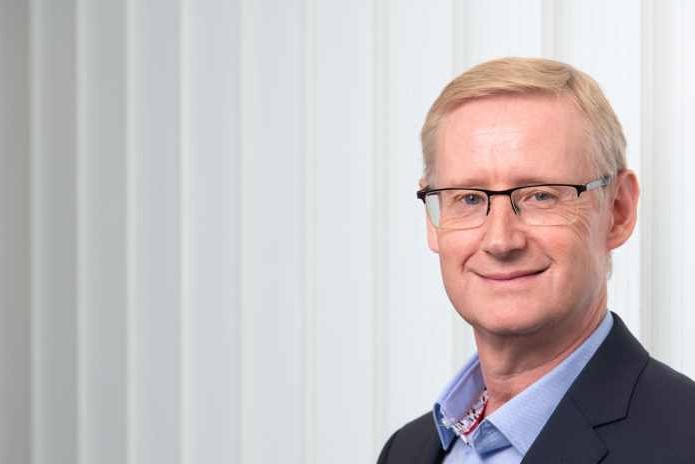




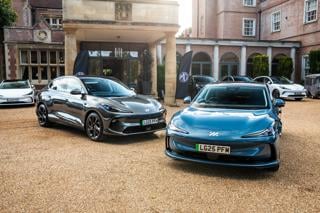
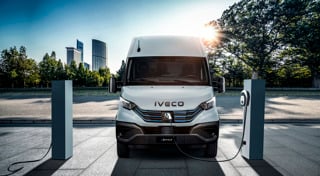
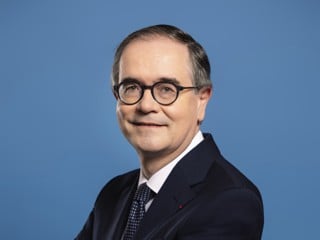
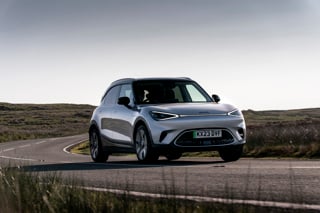
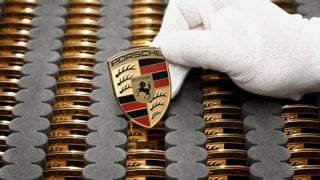













Login to comment
Comments
No comments have been made yet.